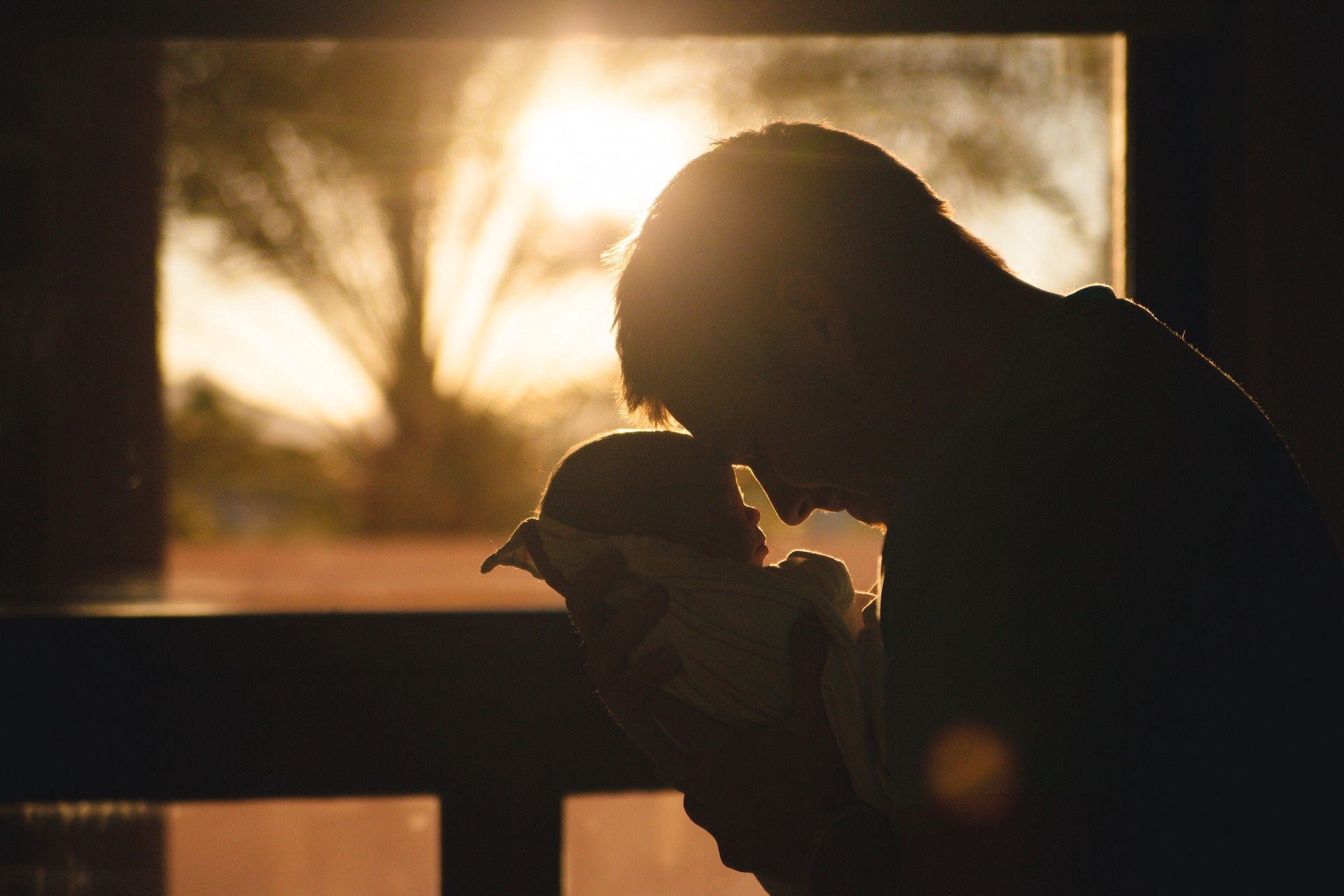
Breaking down barriers for new fathers to feel more at ease in their life-changing role will help them reach full potential, a new Flinders University study says.
New fathers can feel alone disempowered and even belittled by the system, including in their engagement with health-care professionals, the report warns.
“Fathers need tailored support to be better equipped to provide the support they want and need to become the best they can be to their partners and new baby,” says Flinders University mental health researcher Dr Anthony Venning.
“Effectively targeting men with well-designed interventions has the ability to improve not only paternal outcomes, but those for the child and mother.
“With a small change of focus and more inclusive approaches, this can the best experience of their lives.
Co-parenting techniques, covering father involvement in feeding, settling baby and attending appointments, can develop more seamlessly if fathers are made to feel comfortable and involved in parenting programs.
Other support systems are needed in the lead-up to and after the arrival of a baby, including:
- Services accessible outside of business hours or via phone or online methods have the potential to reach more fathers and overcome barriers to engagement such as stigma, masculinity, fatigue and time restraints.
- Perinatal services and parenting resources need to promote themselves and be inclusive of fathers of new children, particularly given the tendency of fathers to ‘wing it’ and only seek information in a reactive manner.
- Social support networks by baby-friendly communities to facilitate fathers’ role, particularly for stay-at-home-dads.
- Mix face-to-face support from family doctors, midwives and community nurses with more informal, interactive resources using positive father role models.
- Make fathers feel more informed and knowledgeable about practical matters, including infant crying, postpartum depression and partner wellbeing, breastfeeding, so they do not feel like a secondary ‘shadow in the room’ but actively and well-connected players in their parenting role.
The report, prepared in collaboration with the SA Mental Health Commission, aims to build an evidence base to develop strategies to support new fathers and their families.
It concludes that the perinatal period is a ‘teachable moment’ that can be fully harnessed to support the mental health and wellbeing needs of new fathers.
Larger-scale, longitudinal studies are required to investigate the usefulness of current systems and interventions. “Our study aims to inspire more work and investigation into engaging fathers to be ‘supportive and involved’ in their family unit,” Dr Venning says.
The Flinders Human Behaviour Health Research Unit study, entitled ‘Teachable moments: how can the community capitalise on existing and future support services to improve the mental health and wellbeing of ‘new’ fathers?’, was devised by Dr Venning, Madeleine Herd, Dr David Smith, Professor Sharon Lawn, Leila Mohammadi and Fiona Glover.

